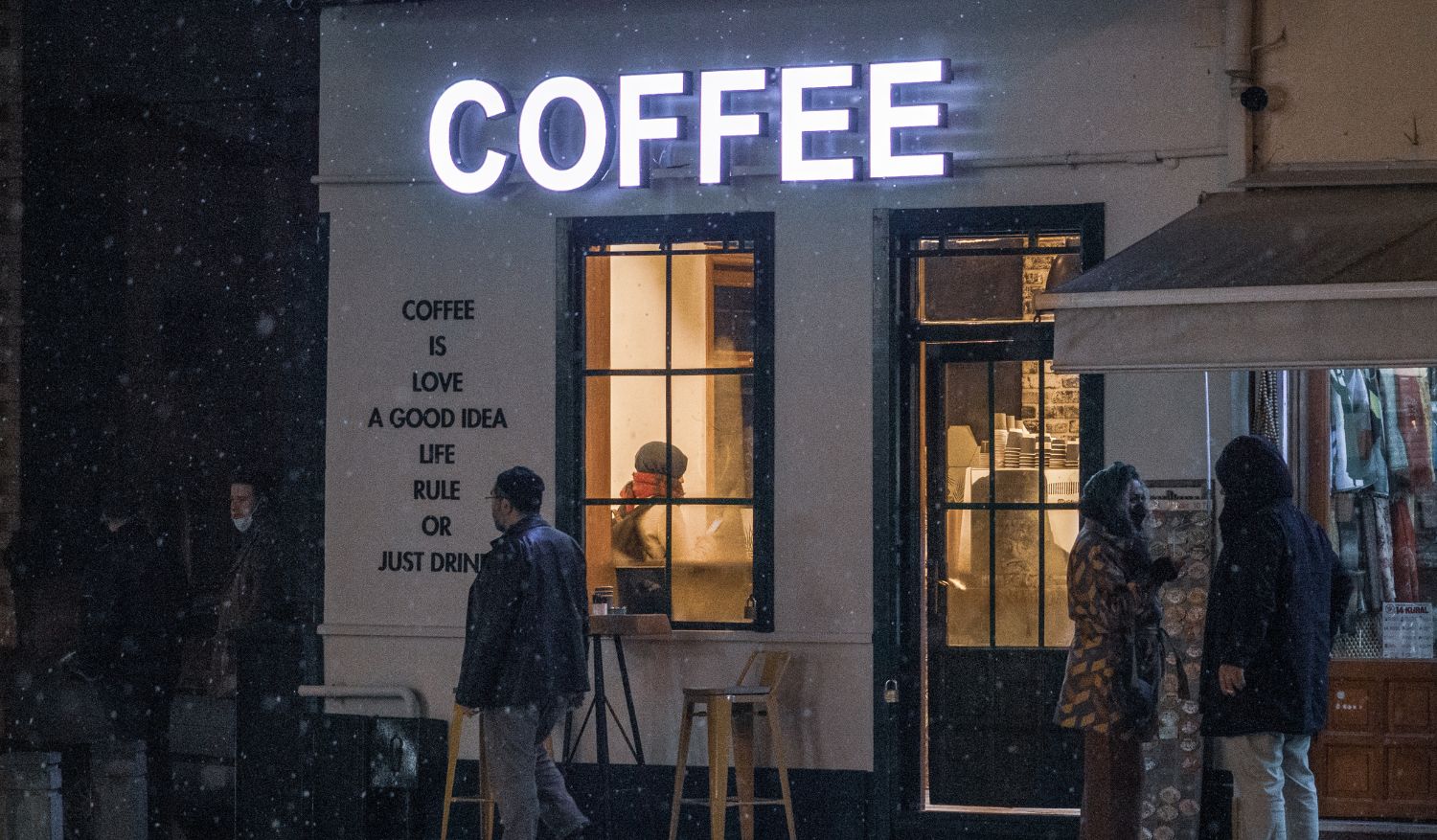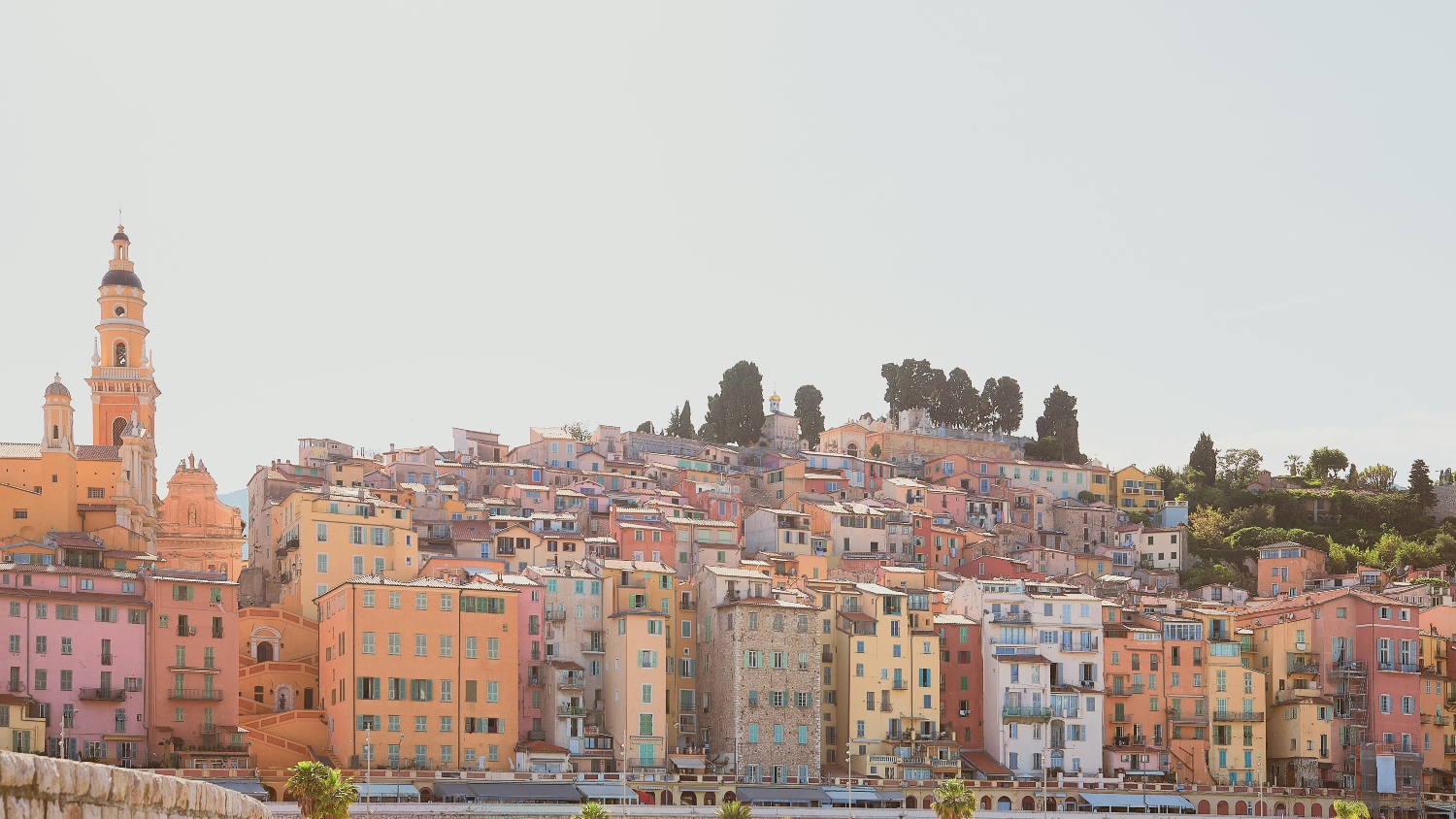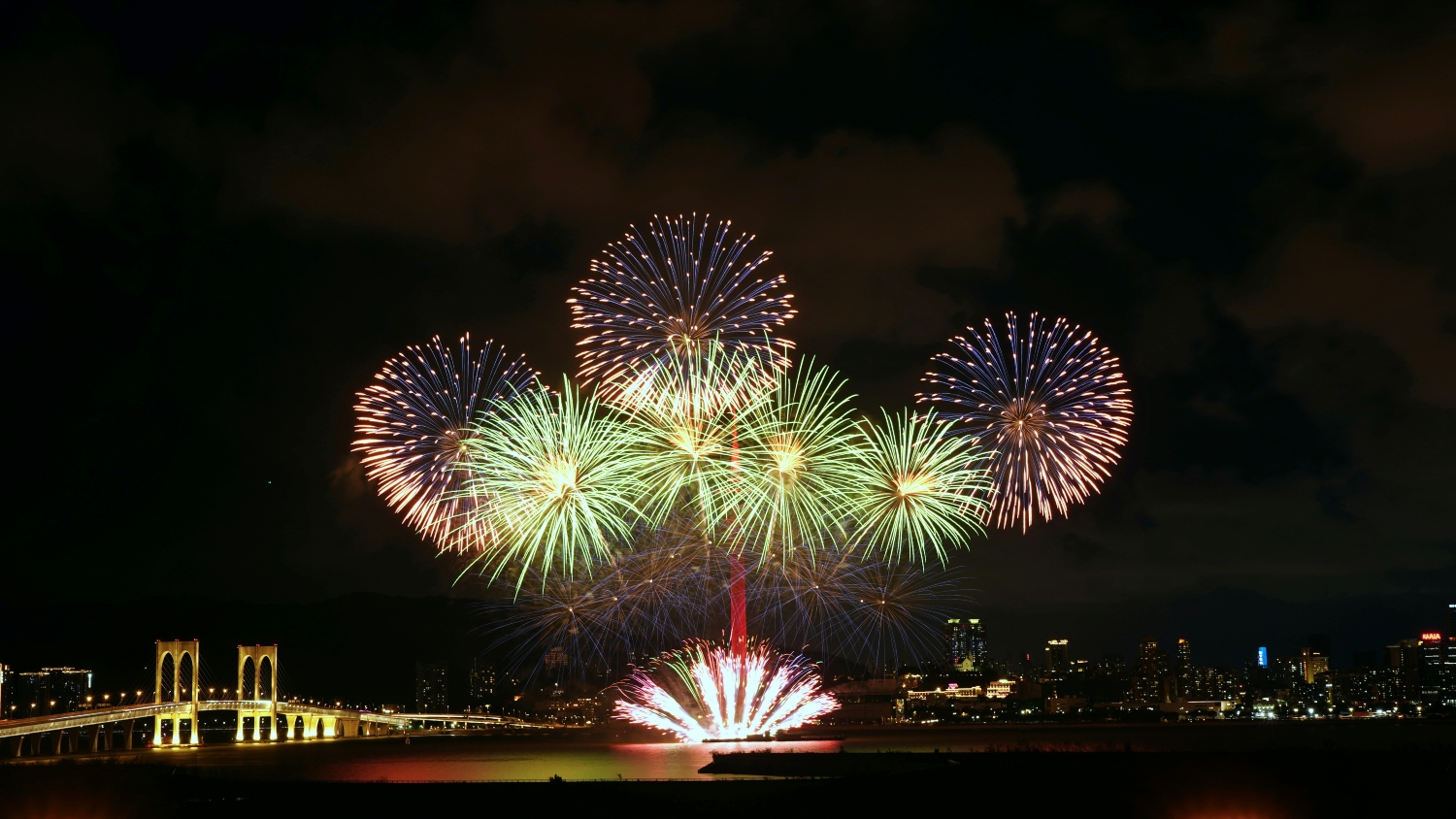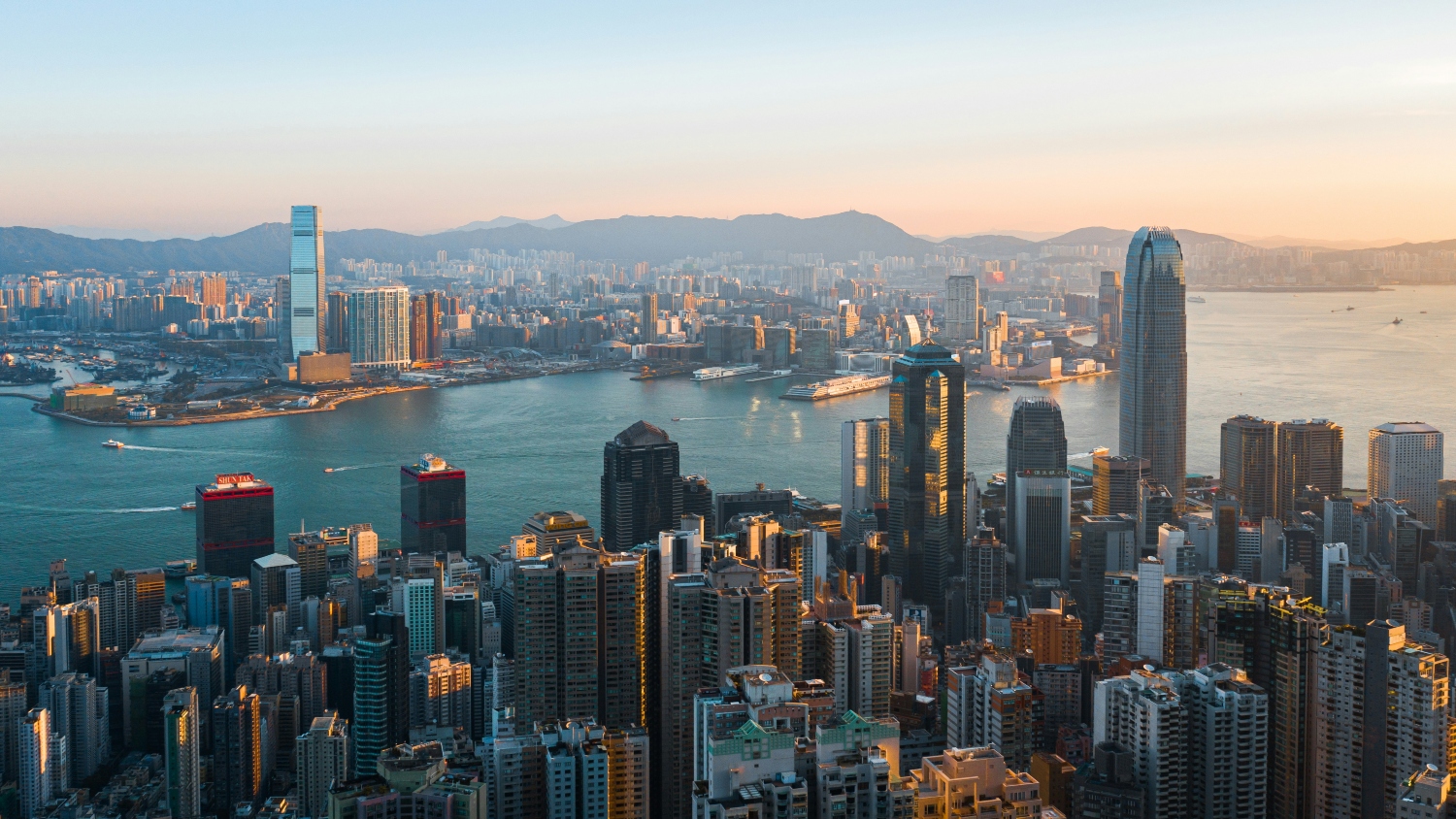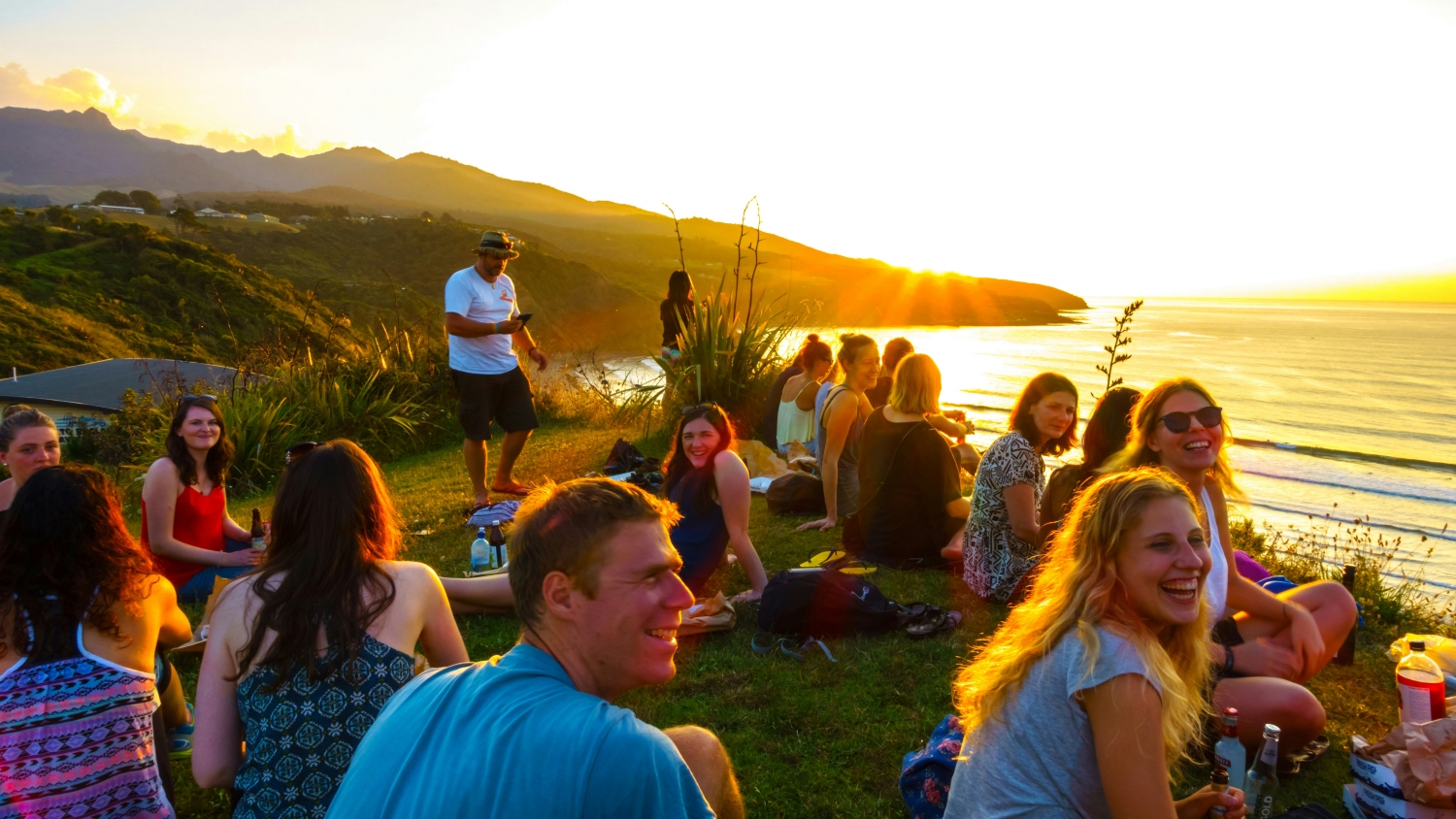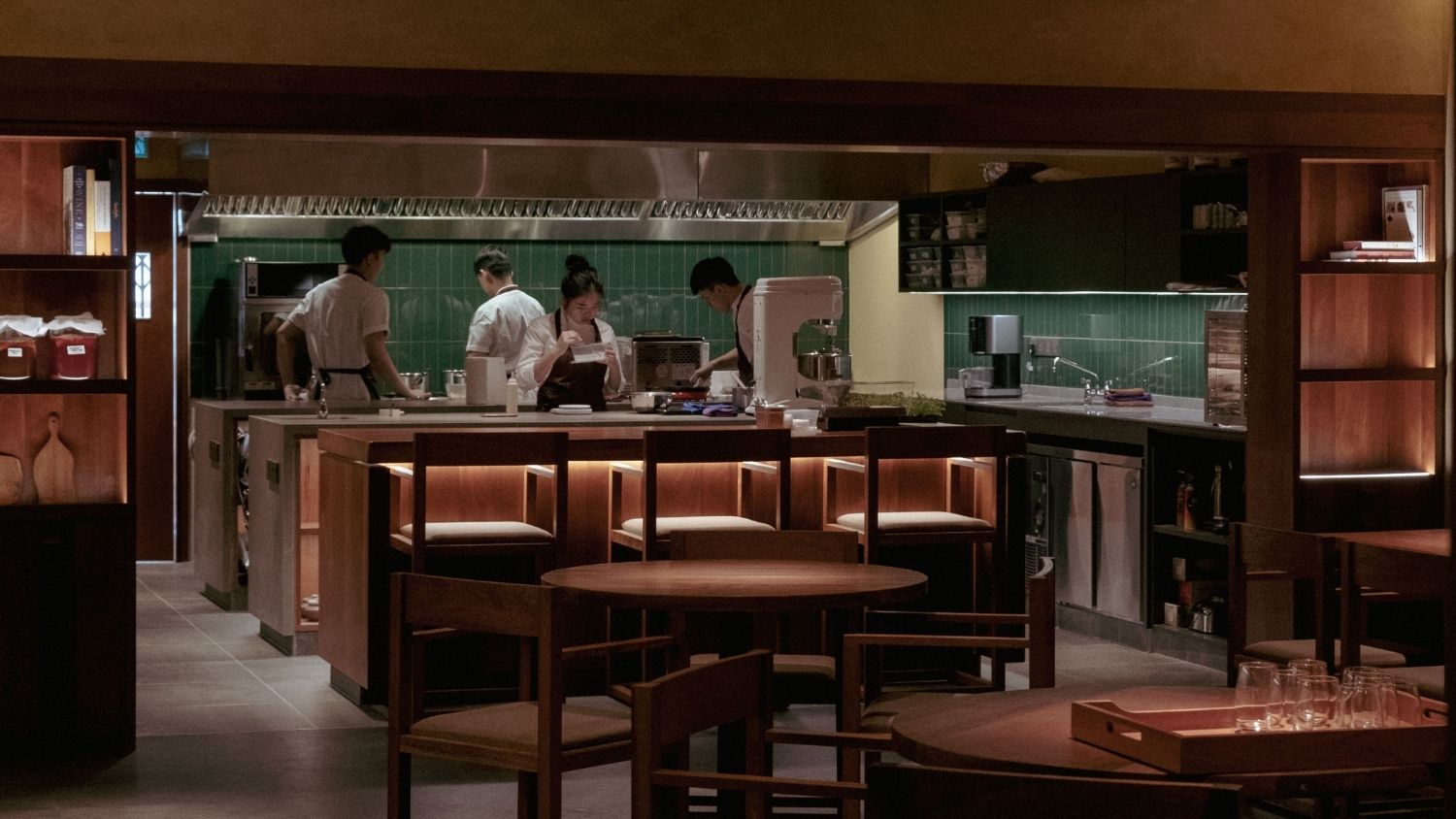Every year on 1 October, the world (or at least coffee-drinking regions) observe International Coffee Day, a celebration of one of the most widely consumed beverages on the planet. One of the most favoured daily rituals, coffee represents a cultural bridge, connecting farmers, traditions, and communities across continents. Each region of the world has shaped coffee in its own way, offering unique flavours, rituals, and meanings that continue to influence how we drink and appreciate it today.
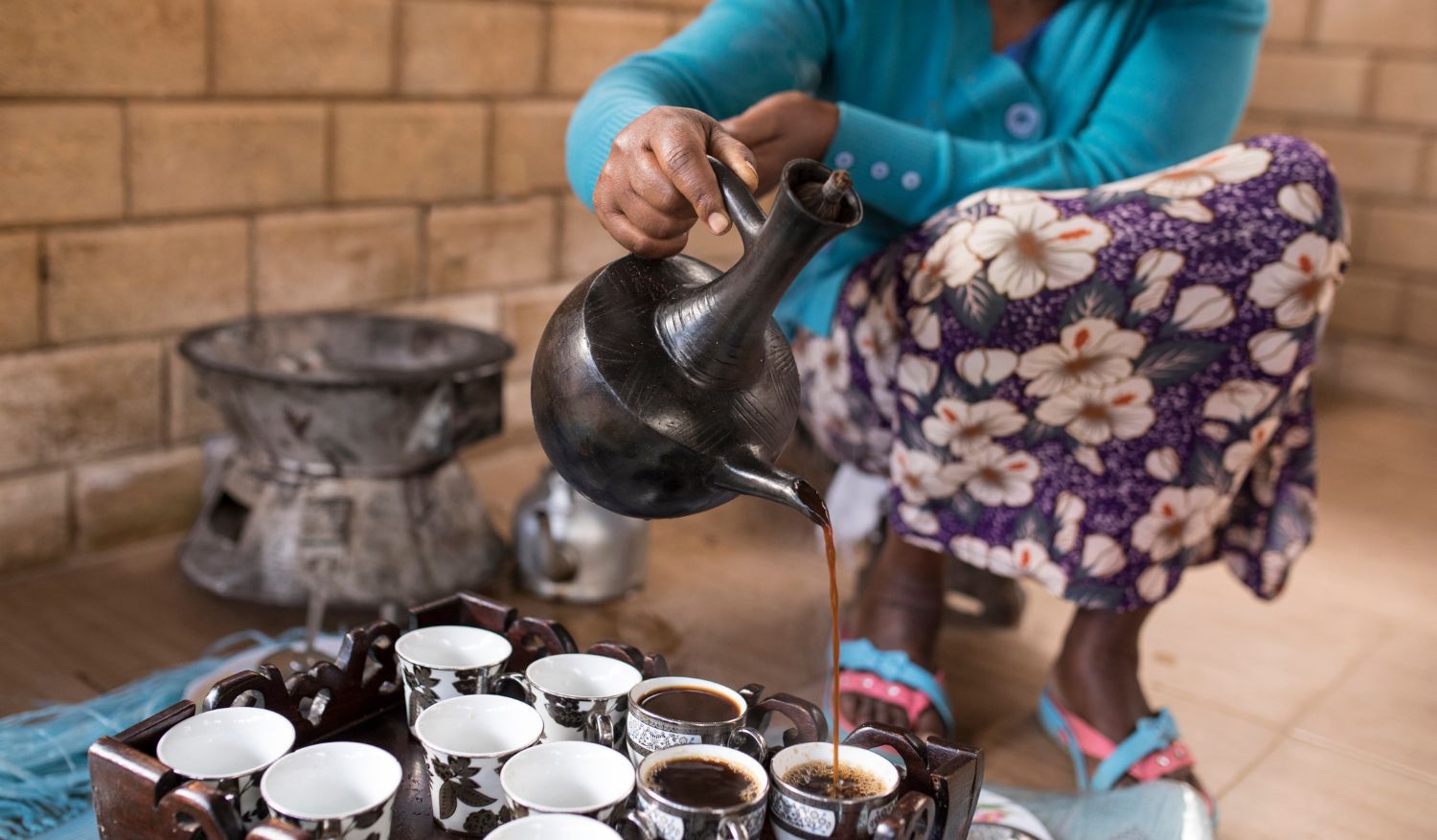
Africa: The Birthplace of Coffee
The story of coffee begins in Africa, where Ethiopia is recognised as the birthplace of the bean. Coffee remains central to Ethiopian culture, with the traditional coffee ceremony reflecting values of hospitality, patience, and respect. The ritual of roasting, grinding, and brewing beans before serving them to guests is a cherished practice that has endured for centuries.
In neighbouring Kenya, coffee carries a different identity. Grown in fertile volcanic soils, Kenyan coffee is known for its brightness and wine-like complexity. Smallholder farmers dominate the industry, and their skill and dedication ensure that coffee production remains both a cultural and economic lifeline.

Europe: A Continent of Café Culture
As coffee travelled north, Europe transformed it into an art form. Italy gave the world espresso, and with it, the rhythm of daily life built around short, strong shots or milk-based variations enjoyed at different times of the day. In France, cafés became more than places to drink – they were stages for conversation, philosophy, and observation, often on terraces overlooking bustling boulevards.
Vienna elevated the café even further, with its coffeehouses earning UNESCO recognition as cultural institutions. Here, coffee is less about caffeine and more about the space it creates for debate, literature, and connection.

Asia: Tradition Meets Modern Innovation
Across Asia, coffee culture has adapted to diverse traditions while embracing innovation. In Vietnam, coffee is brewed slowly through a small phin filter, often mixed with condensed milk to create a sweet yet robust drink that balances bitterness with indulgence.
Japan, in contrast, treats coffee as an exercise in craft and precision, with hand-poured techniques existing alongside the quirky convenience of canned coffee from vending machines. South Korea’s café culture reflects the energy of its cities – spaces that double as lifestyle destinations, where design, aesthetics, and social connection are just as important as the drink itself.

The Americas: Producers and Consumers
The Americas highlight coffee’s dual role as both a global commodity and a cultural experience. Latin America, particularly Colombia and Brazil, remains at the heart of coffee production. Colombia is celebrated for beans that are smooth and balanced, often described as quintessentially approachable; while Brazil, the largest producer in the world, offers an array of flavour profiles that feed both mass markets and speciality roasters. Beyond production, coffee here is a matter of national pride, with farmer cooperatives and sustainability programmes ensuring its future.
North America, by contrast, has shaped coffee culture from the consumer perspective. The rise of the third-wave coffee movement placed emphasis on speciality beans, ethical sourcing, and the stories of farmers and roasters. Cities such as Portland, Seattle, and Toronto are now hubs for innovation, where transparency and quality define the coffee experience.

Middle East: Coffee as Heritage and Hospitality
In the Middle East, coffee has always carried deep cultural significance. Arabic coffee, often spiced with cardamom, is served in small cups as a gesture of hospitality, with hosts continually refilling a guest’s cup until they politely decline.
In Turkey, coffee is brewed thick and unfiltered, often enjoyed slowly with sweet accompaniments. Recognised by UNESCO as part of the world’s intangible cultural heritage, Turkish coffee is as much a social and cultural marker as it is a beverage.
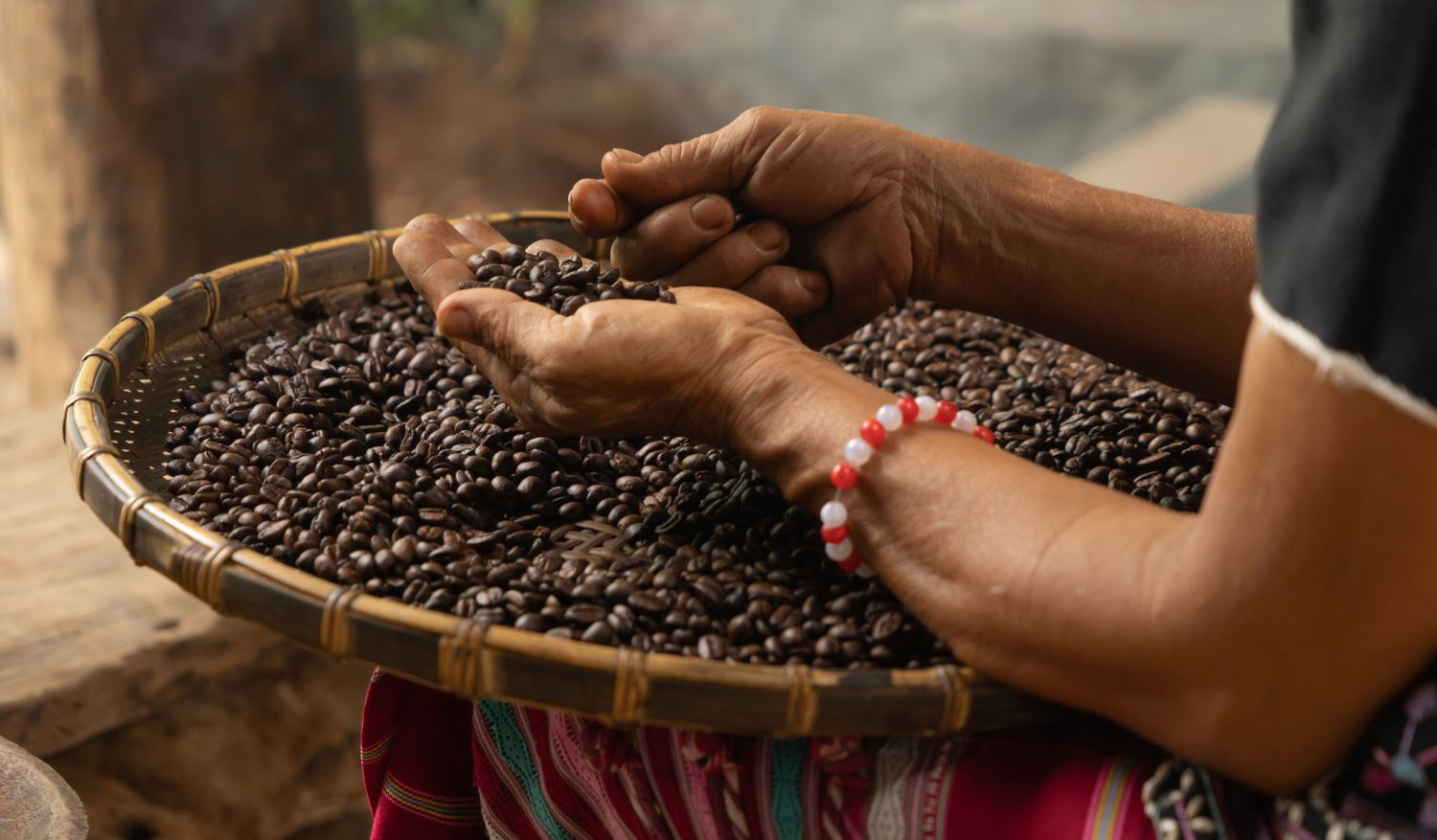
Sustainability and Fair Trade on International Coffee Day
Beyond taste and tradition, International Coffee Day also draws attention to the challenges facing the global coffee industry. Climate change, fluctuating prices, and economic pressures threaten the livelihoods of millions of coffee farmers. The day has become an important platform to promote fair trade, ethical sourcing, and sustainable practices.
By supporting initiatives that pay farmers fairly, protect biodiversity, and encourage environmentally responsible farming, consumers can play a role in safeguarding the future of coffee for generations to come. This makes International Coffee Day not only a celebration of flavour but also a reminder of responsibility.
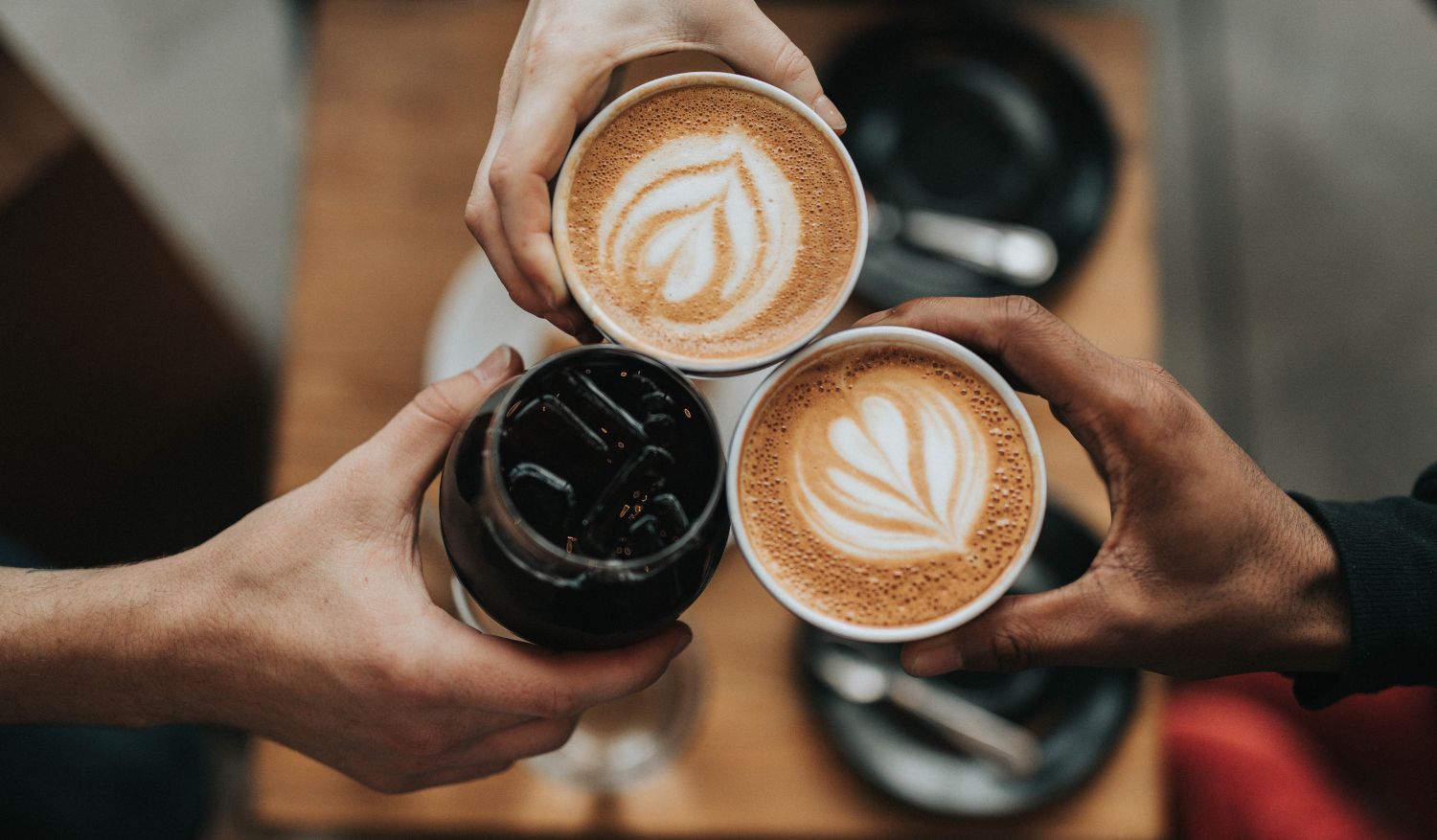
A Global Toast to Coffee
Wherever you travel, coffee is never just a drink. It is a ritual in Ethiopia, a lifestyle in Italy, an innovation in Japan, and a heritage in Turkey. This International Coffee Day is an opportunity to raise a cup not only in celebration of flavour but also in appreciation of the people and practices that bring coffee from soil to sip.
For more similar guides, head here.


